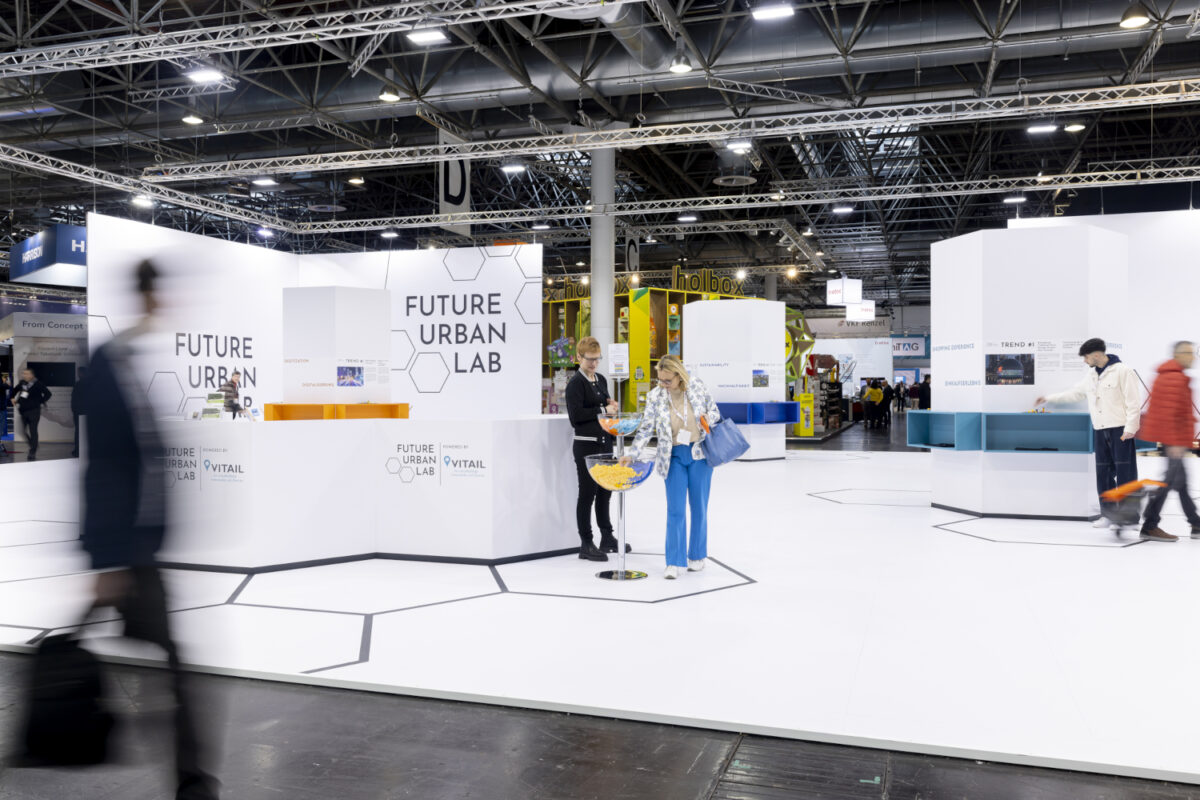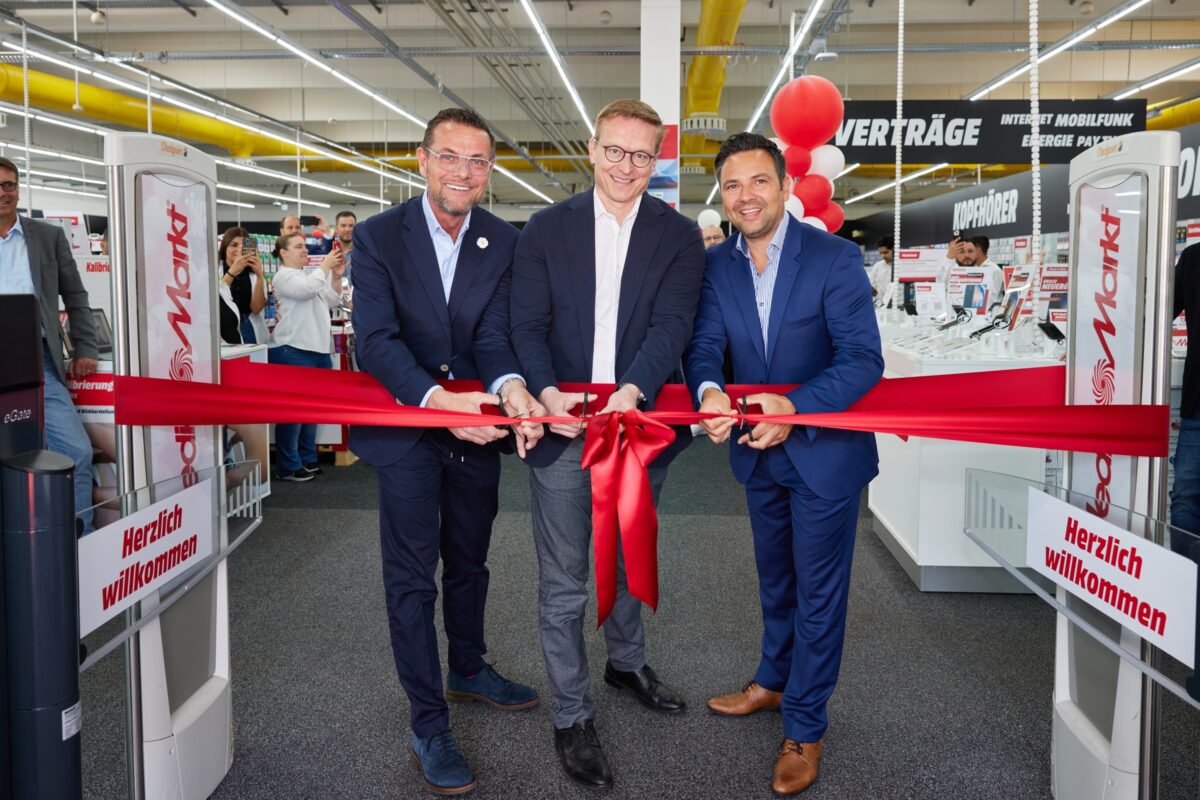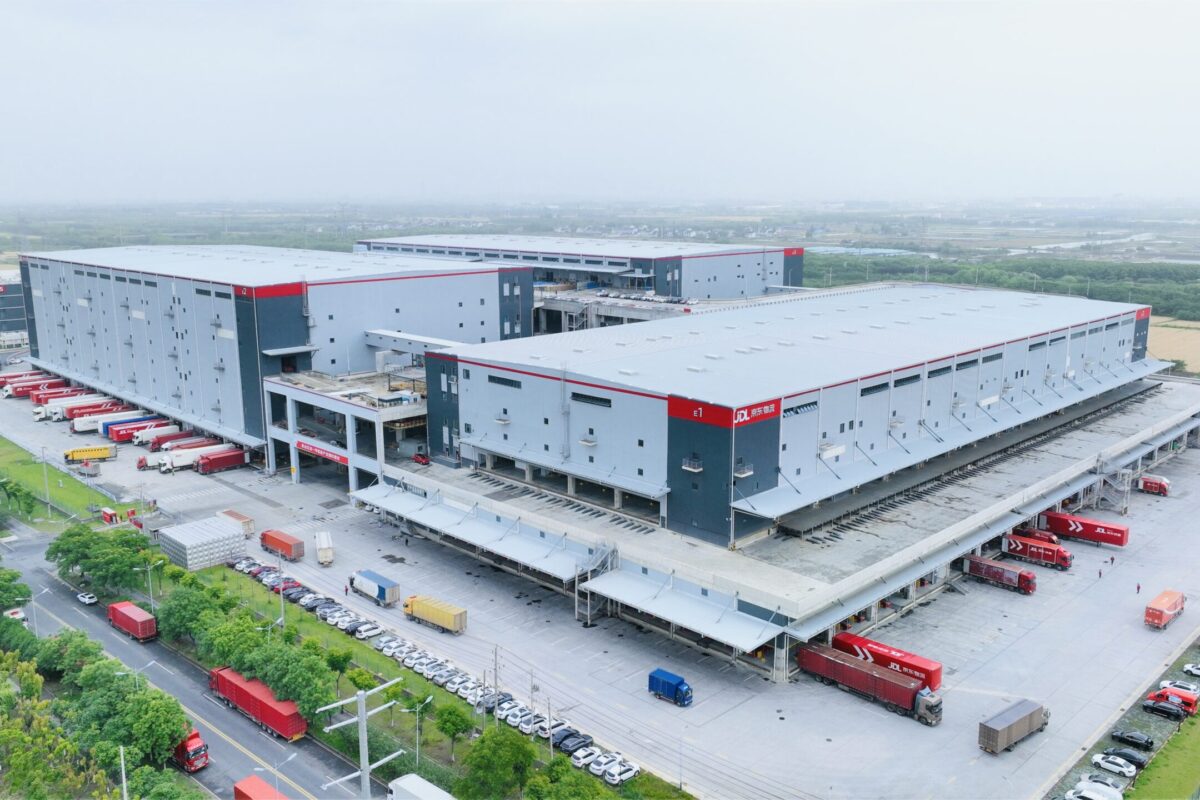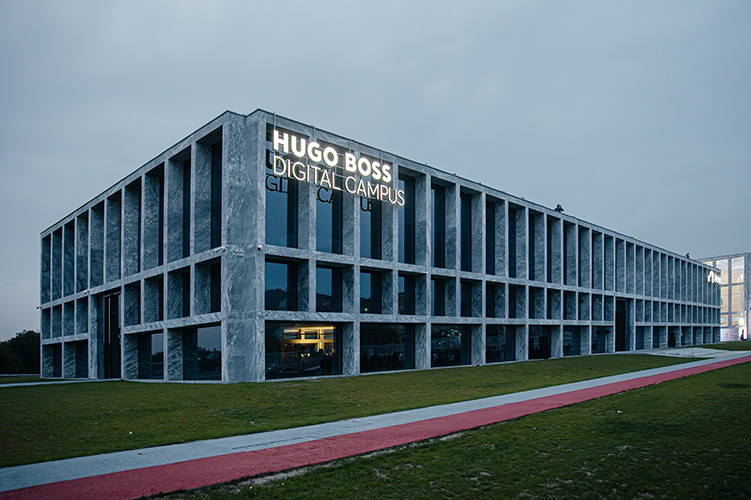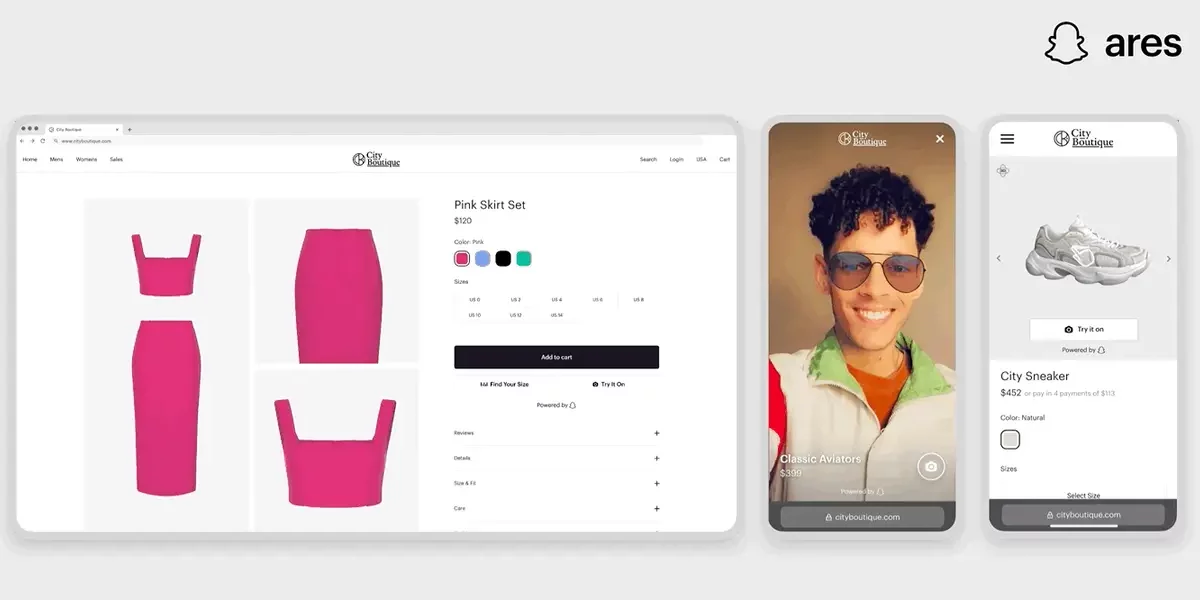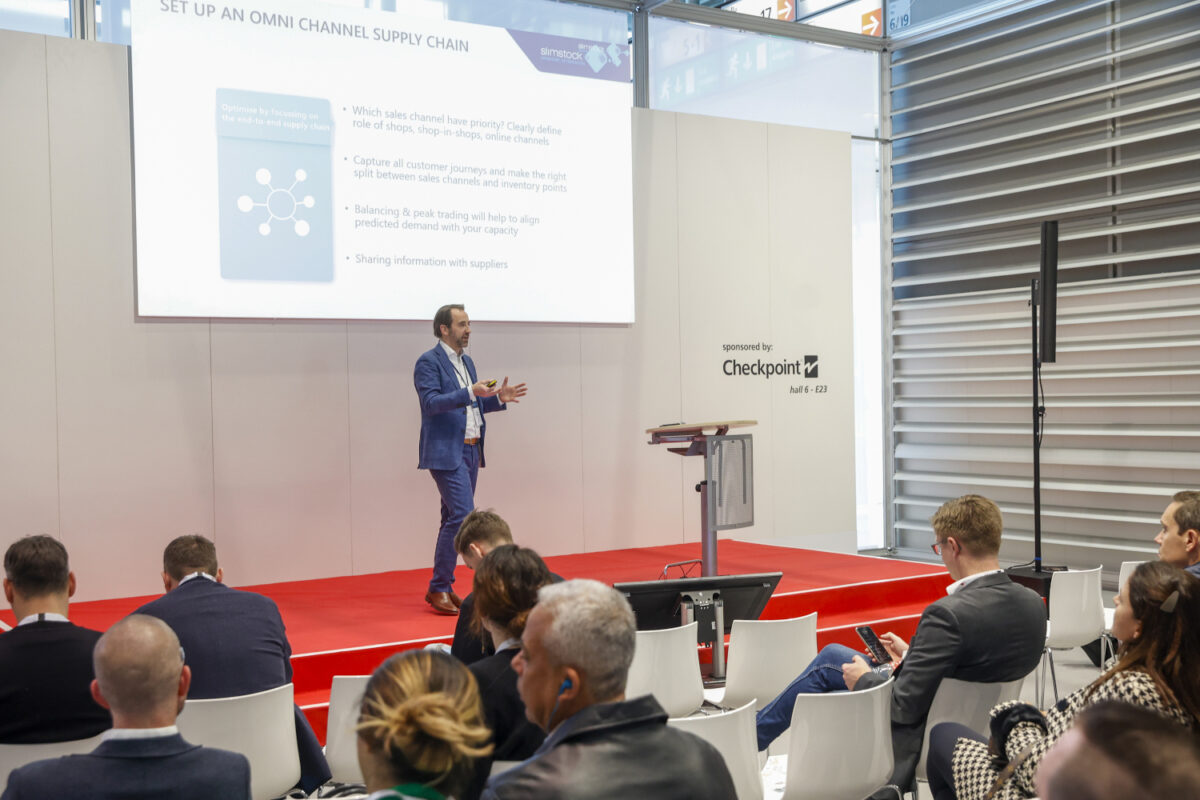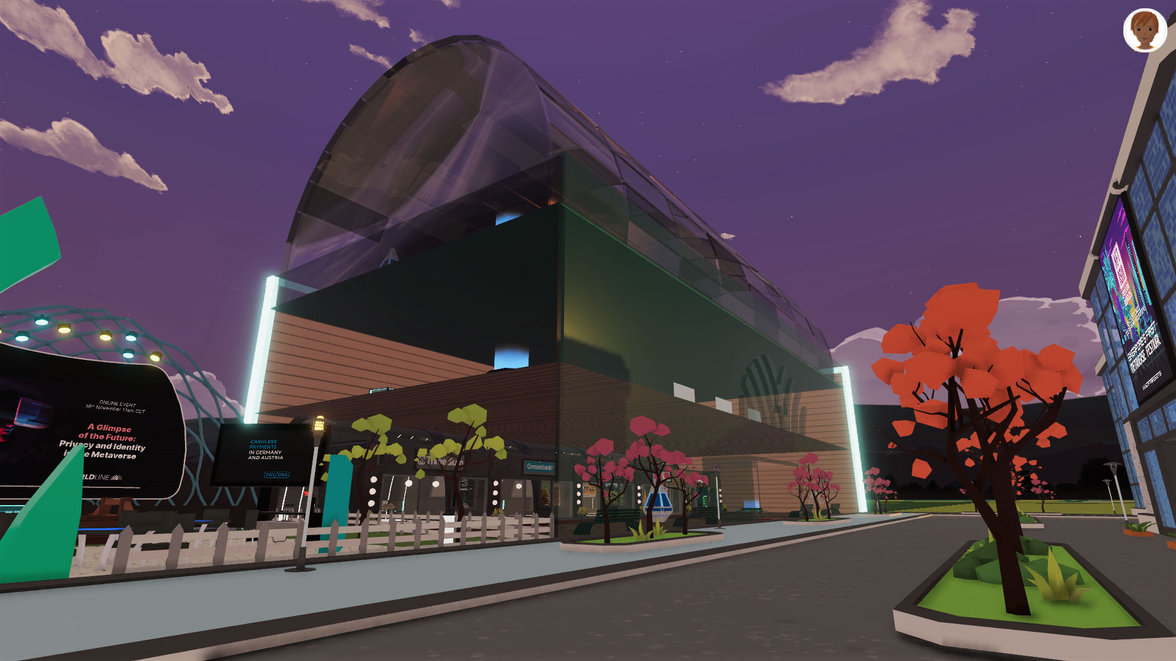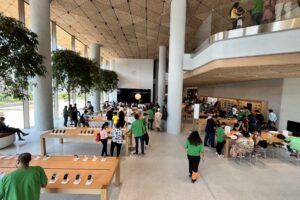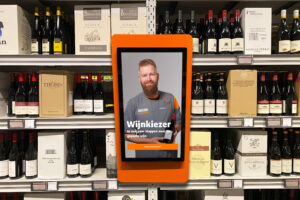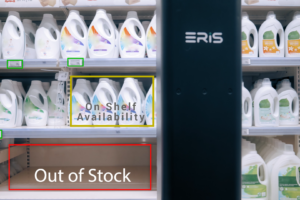A Successful Career Start in Retail Technology – Interview with Daniel Kranz, 25, Executive Assistant to a General Manager at IBM, Global Business Services Europe and Senior Consultant

Daniel Kranz, IBM, © Messe Düsseldorf
1. Daniel, right after graduating from secondary school you opted for studies in International Business Administration at the Berlin School of Economics and Law (Hochschule für Wirtschaft und Recht) and at that time pursued dual studies in International Business Administration at IBM. What prompted you to make this choice?
My affinity to retail came about because I had already worked in this sector for about four years before graduating from secondary school. In other words, I started out as a classic cashier and shelf-filler at an EDEKA supermarket and was subsequently allowed to supervise the beverage section. At that time I was sometimes in school until 3.00 pm and I worked after that at the store from 4.00 pm until midnight. There I was already allowed to work with the boss in a process-oriented way. It was a lot of fun. We would analyse data, such as customer footfall at different times. On the basis of this data we then decided how many members of staff we would need to deploy and how many tills would have to be manned and when.
After graduating from high school, it was clear to me that I didn’t just want to study, I wanted to work in parallel, so I was only interested in dual studies. I chose IBM as this was one of the first companies in Germany to offer the dual concept so they already had a great deal of experience in this area. The costs of the Bachelor’s are fully covered by IBM and your accommodation is also partially funded. Three months of work experience are always followed by three months of study. In the practical phases you apply for a variety of part-time jobs at different locations within the company. One particularly positive aspect is that IBM does not necessarily tie participants to the company on completion of their dual studies, though it does not guarantee them a post either.
2. During your studies, you worked for IBM in a variety of roles, from Junior Strategy Consultant and Junior Customer Experience & Design Consultant to a sales position and Junior Digital Strategy Consultant. Which position was the biggest challenge for you and which was your favourite?
The biggest challenge was the first two or three weeks at IBM, because you are thrown in at the deep end. I was allowed to kick off right away with the preparation of IBM’s appearance at CeBIT with other students, without having any grounding or practical experience in business, without knowing how to create a customer-oriented presentation or how to call a customer at the age of just 19 and explain to them why they should visit the IBM stand at CeBIT. At the beginning you feel quite overwhelmed, but since the company and the managers around you support you very well, this quickly becomes a positive experience.
I worked a lot in consulting and sales, so mainly in direct contact with customers. I worked with them fine-tuning aspects of the customer experience or optimising their App design. One of my projects was to develop a digital consulting table for a bank. During this practical phase I learnt how to get a better grasp of customer needs, which was a valuable experience.
3. As a dual student were you deployed at different IBM locations from Düsseldorf, Munich, Frankfurt, Hamburg to Berlin and New York City? What differences stand out in your memory?
A stay abroad is mandatory on the International Business Administration course. I was able to do mine at IBM headquarters in Armonk near New York. There, instead of working in sales and with customers, I worked in-house in process optimisation and data analysis.
The differences between Germany and the US were significant, both culturally and in terms of the actual work, starting with the individual work stations employees work at in an open-plan office. There is a much higher feedback culture over there where it is seen as a mistake to work on something alone and too intensively. Instead, you get feedback from your boss several times a day. However, I have found that Americans very rarely criticise. Personally, I prefer to get to the point like in Germany. So everyone knows where they stand right away.

Daniel Kranz, IBM, © Messe Düsseldorf
4. Aren’t dual studies of this kind very exhausting? Don’t they also take up the last few hours of your free time?
It wasn’t that bad. The university and practical phase never run simultaneously, as you are always three months at university and then three months at the company, which means you can really concentrate on the individual phases. At my university, the focus is on presentations and fewer written exams, which really suited me. It is also nice to have the weekend off and not have to work or study for exams on Saturdays and Sundays like other students on “normal” courses.
About 100 young people study for Bachelor’s courses at IBM in the same year in different fields of study. As IBM contributes a certain amount to accommodation, but does not stipulate where and how you live, it was always possible for us students to rent flats together, which we would have never had access to as students, for instance in the Munich district of Schwabing or also during my stay in the US. During my studies I lived with over a dozen different dual students. This meant, your leisure time is virtually sorted, as you have lots in common due to work and having similar daily routines.
5. After completing your Bachelor’s degree, you worked in a sales position in Key Account Management from 2015 to 2017 and at the same time completed a Master’s degree in Digital Business Management. During that time did you already have a clear preference for retail? How did this happen?
On the one hand this happened, as I said, due to my background at Edeka while still at school, and on the other due to the six practical assignments I did during my studies. In Berlin, for example, I created a concept for a complete customer experience in a food store, from the entrance through to the checkout including the after-sales process. The question was: How can the customer experience be continuously mapped and improved with IBM solutions? My task was to show the shopper’s potential route through the store including any detours, when they use the retailer’s App, when it makes sense for the shopper to receive push notifications, whether manufacturing information about the product is important to them and much more. Both food retail and the fashion sector are still a long way behind in the process of digitisation. In my opinion, there is still a great deal of potential here.
Then, when I received an offer from IBM in Düsseldorf to work in a key account team for various retailers, I saw this as a great opportunity. There I met managers with many years of experience in the food and fashion trade who I learned a lot from. What’s more, some of them told me that they had deliberately brought me into the team because my age alone would give them a different angle on the purchasing processes. They said this helped them to develop completely new approaches. Basically, their thinking was: “We will get you to look at shopper needs that companies today don’t even know their shoppers will have tomorrow”.
6. You also list “Business Development in the Foodtech Startup Ecosystem” as part of your job description at that time. What does this mean?
There are many clients in retail who are very interested in digitalisation and new technologies, but who do not really know how to work with them or how to use them. In the Düsseldorf area, for example, there are many get-togethers where retailers meet independently to discuss specific topics such as IoT, sensor technology and artificial intelligence and how to deal with these in retail. So then I often tried to attend meetings like these to understand retailers’ thinking processes. In panel discussions with retailers I talked about what topics I see as trends, which jobs might be supported by technologies in the future, which might not, and what approaches exist to deal with artificial intelligence openly and carefully.

Daniel Kranz, IBM, © Messe Düsseldorf
7. How do you think digital transformation will change our purchasing behaviour over the coming 10 years?
In my opinion, management must move closer to the actual customers. In addition to margins, long-term goals must also be taken into account. If physical retail, especially in Germany, wants to survive, it must offer its shoppers added value that the competition cannot offer. I don’t think companies in Asia and the US are doing much better. Nevertheless, I think they are taking a different approach, though in their countries customer behaviour is also different to what we encounter in Germany. In China, for example, shopping is more about social standing than it is about self-fulfilment. This contrasts markedly with shopping culture in Germany. And things are completely different again in the USA. There it is more about making shopping as quick and easy as possible. Personally, for example, I am very reluctant to go shopping for food. If someone can offer home delivery in the quality I want, I would also pay more for no longer having to shop for food in physical retail. However, here we are still far behind in Germany because most shoppers do not want this (yet). But once the current young, digital generation starts accounting for a larger proportion of sales, they will no longer go shopping for, say, a ripe mango if someone can deliver it to their home on a sustainable basis. Physical retail must offer more added value than ever before through tailored, digital services in order to meet customer needs.
8. You are currently both Executive Assistant to the General Manager and Senior Consultant at IBM. What does a typical working week look like for you at present?
As Executive Assistant to the General Manager at European level, I am still working in an advisory capacity, but with a rather unusual daily routine for a consultant. I travel a lot with the General Manager and support him in European strategy development and operationalisation. I also work on my own projects, such as the conception and implementation of customer events or internal communication concepts. Here I also try to bring in my young way of thinking into management discussions. My manager consciously chose me for this role because he knew I was someone who tries to break new ground and look at processes from a different angle.
9. What advice would you give to someone currently mapping out the course for their future career?
Plan less and do more. I recommend they do as many internships as possible and make many contacts with a wide variety of people from different industries. I also did an internship in a carpenter’s workshop and worked at my father’s accountancy office. As I quickly realized, I wasn’t cut out for carpentry, but at least I tried it once. My second tip is: just because something didn’t work out in the past, like a low school grade, it does not mean you cannot reach certain goals. If you develop a passion for something and really get to grips with it, you can still reach your goal by the indirect route. The most important thing, and also my last point, is to foster and proactively leverage the contacts around you. Behind each person lie exciting ideas and perhaps already the next personal challenge or even the next job.

Daniel Kranz, IBM, © Messe Düsseldorf
10. At 25 years of age you are still very young. Where do you see yourself in ten years’ time?
I would like to go abroad again and work with customers of other nationalities. I am interested in markets with a different pace to what we have here in Germany – like the American market I mentioned or Asian countries, with their completely different cultures and procedures, but also North Africa or some countries in South America, where digitalisation is just gaining momentum. On the other hand, I don’t always want to be travelling for work. In the end, things often turn out differently to what you first expect, as there are so many opportunities for young people in the retail industry. That’s exactly why IBM is so exciting for me personally. It is so diverse. Here, switching from one division to another is like switching to another company. Obviously, it would also be interesting in the long term to get to know a completely different employer – and why not a retailer?
11. As Project Manager you were responsible for IBM’s trade fair appearances at EuroCIS 2016 & EuroShop 2017. What was your personal experience of the trade fair preparations and the two trade fairs themselves?
Both fairs are always a very fond memory for me because at IBM you are constantly meeting people you share these experiences with. At both events I looked after the trade fair appearance in a small team as event manager together with marketing staff, planning the stand from initial positioning through to funding and then working as a contact person for the customers at the stand myself during the trade fair. Days at trade fairs are always very dynamic and rarely predictable. It’s an opportunity to show off your creativity. Among other things, we presented a digital consultation mirror at our EuroShop stand together with a major retailer, which, thanks to IBM Watson’s capabilities, assessed the age and style of the customer and subsequently made personalised clothing suggestions – a classic personalisation theme. Presenting something like this live at a trade fair, despite not being the fashion retailer yourself, is something I found extremely exciting. For me, what makes EuroShop and EuroCIS stand out is the opportunity they offer for receiving direct feedback from the retail audience. Internally, this is often not so easy to access. What sets these two trade fairs apart, however, is that they are really attended by customers from the retail trade on site. Basically, you really need a trade fair like this if you want to be represented and seen in the retail sector.
Interview done by Dr. Cornelia Jokisch, Redaktion euroshop.mag
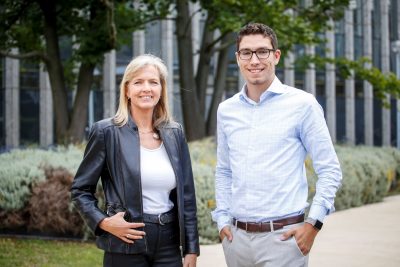
Dr. Cornelia Jokisch und Daniel Kranz © Messe Düsseldorf






